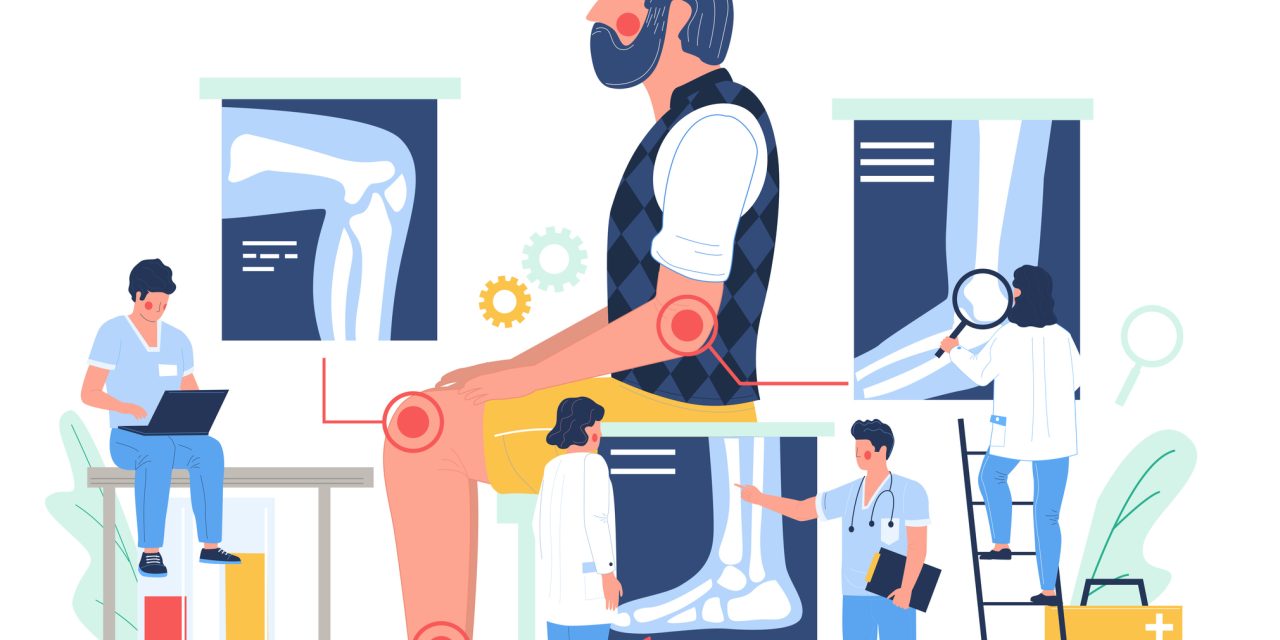Hereditary and natural foundations impact the advancement of rheumatoid joint pain (RA). In Latin America, epidemiologic information are scant. We meant to decide the predominance of RA in Chile in a populace based examination.
Strategies. The National Health Survey was a cross-sectional family review with a defined multistage likelihood test of 6233 members performed between August 2016 and March 2017. An evaluating instrument for RA was applied to an arbitrary example of 3847 subjects > 30 years of age. Positive screening was characterized by in any event 1 of the accompanying: 2 swollen joints for at any rate 4 back to back weeks (past/present), or potentially a determination of joint inflammation before. People with positive screening had rheumatoid factor, anticitrullinated protein antibodies, and C-responsive protein estimated, just as clinical assessment performed by a rheumatologist. Self-report of specialist analyzed RA was likewise performed.
Results. The screening survey was applied to 2998 subjects. A positive screening was found for 783 (22.1%). Among subjects with positive screening, 493 (66%) had a clinical assessment performed by a rheumatologist. Utilizing the American College of Rheumatology/European League Against Rheumatism 2010 characterization models, predominance was 0.6% (95% CI 0.3–1.2). Commonness was higher in ladies, and 3.3% of subjects self-revealed having RA.
Reference link- https://www.jrheum.org/content/47/7/951


